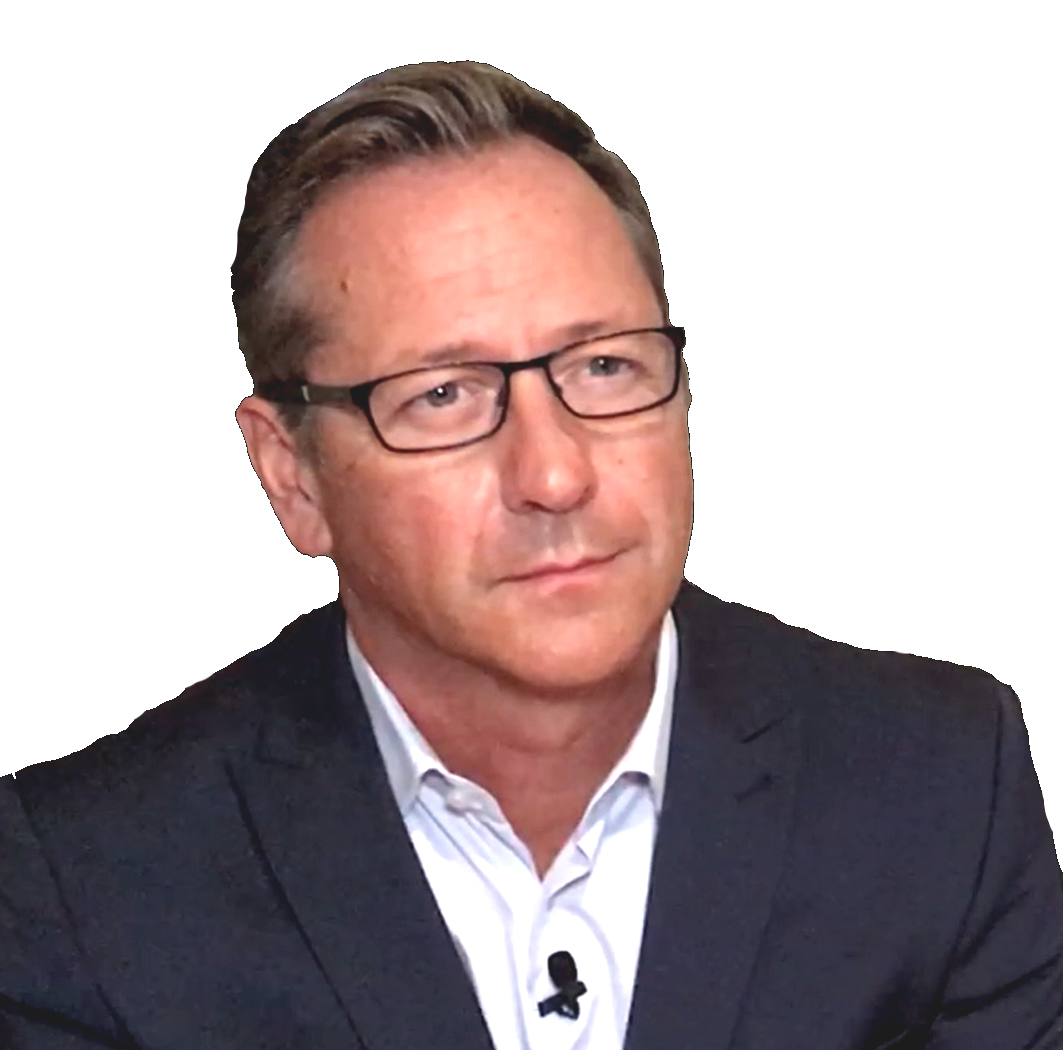The 6 best ways to invest money in Spain
- Buy stocks on an EU platform. This is a typical way to hold company shares. You must be careful with this
approach though as a lot of knowledge and research is needed. You can make a lot of money in this way (if you have the
experience) but equally you could lose it all. Only for those with an appetite for risk.
- Invest in a Spanish Compliant Bond for tax benefits. These products offer tax efficiency for the expat
investor in Spain. They can hold varying investments but usually NOT individual stocks or shares. They are managed by your financial advisor.
- Commit money to a fixed, high interest product. Here you receive a guaranteed rate of return for a
fixed term. Usually three to five years. Good whilst central bank interest rates are high if you can lock in 5% or more.
- Keep funds in a Pension. You could contribute to a Spanish personal pension - typically offered by life
assurance companies or the banks in Spain. Be aware however that you could be locked in for a long time and tax relief on
contributions in Spain is miserably low.
- Own ETF index trackers. ETFs or 'Exchange Traded Funds' are low cost investments that
mirror the performance of a particular index (such as the S&P 500 in the US) or a particular sector such as energy.
You can also get commodity trackers such as gold or silver.
- Invest in mutual funds. Mutual funds, also know as collective investments, are where you pool your
money with other investors in the 'fund' which is usually managed by a team of 'fund managers'. Depending on the theme of
the fund, the management team will buy and sell equities and bonds after high level research and analysis.
- Invest in government bonds. Buying bonds is essentially buying debt instruments - the purpose of
which is to benefit from the bond's 'yield' or interest rate. The safest bonds are issued by governments from stong
economies such as the UK (where they are known as 'gilts') or the US (where they are known as treasury bills).
- Using a dicretionary fund manager or DFM If you invest large amounts of money a DFM may be
appropriate. The DFM will build a bespoke portfolio of stocks, bonds, ETFs and mutual funds according to your own needs
and risk profile.

Patrick Macdonald ASCI
International Financial Adviser


